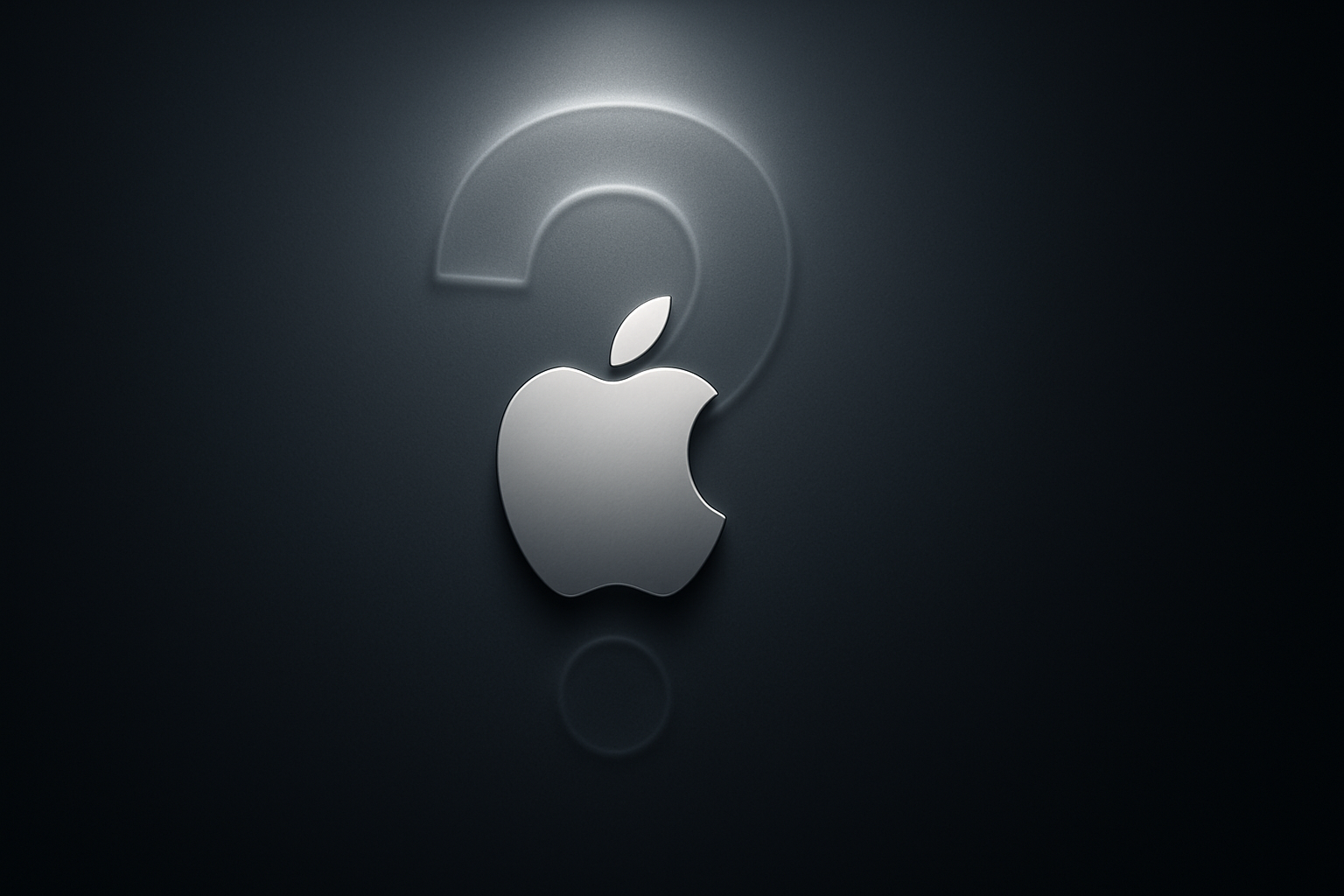Apple's relationship with artificial intelligence has become something of a head-scratcher for Wall Street analysts and tech observers alike. While competitors are practically falling over themselves to showcase their AI credentials, Apple maintains its characteristic sphinx-like silence on the matter.
I've watched this pattern unfold over the past eighteen months with growing fascination. Microsoft has essentially made ChatGPT a corporate mascot. Google's frantically playing catch-up after their initial Bard stumbles. And Meta? Well, Zuckerberg's practically tattooed "AI FIRST" across the company's collective forehead.
Then there's Apple. Just... doing Apple things.
This divergence hasn't gone unnoticed by the market. Take a quick glance at the stock charts—Microsoft, Google, and Meta have enjoyed healthy rallies fueled partly by AI enthusiasm, while Apple's stock performance has been, shall we say, less inspired. Solid, sure. Revolutionary? Not exactly.
What gives?
Throughout its history, Apple has perfected what I like to call the "refined follower" strategy. They weren't first with smartphones (remember Palm?), tablets (Microsoft's early attempts were... something), or even digital music players. But they have an uncanny ability to study everyone else's mistakes, then swoop in with something so polished that history gets rewritten on the spot. The iPhone wasn't the first smartphone, but try telling that to anyone born after 2000.
But here's the thing—this AI revolution feels different. It's moving at a pace that makes the typical Apple timeline look positively glacial. Every morning brings another announcement that renders yesterday's breakthrough obsolete. The technology is evolving faster than regulators, ethicists, or even the companies themselves can fully comprehend.
So what exactly is Apple's game plan? I see three possibilities:
First, they could be building something revolutionary behind their infamous wall of secrecy. (The company does have a penchant for dramatic reveals.)
Or maybe they've made a deliberate strategic choice to sit this round out, believing general AI doesn't align with their privacy-focused, hardware-first approach.
The third option? They've genuinely misjudged the moment—a rare strategic misstep for a company that's been eerily prescient about technology trends.
Look, the evidence for option three is troublingly strong. Siri—once revolutionary—now feels like a technological relic compared to its more capable competitors. When you're asking Siri simple questions and getting the digital equivalent of a blank stare while your friend's Google Assistant is planning their vacation itinerary... that's not a great sign for your AI capabilities.
I spoke with several former Apple engineers last month who pointed to the company's obsession with on-device processing as a potential limitation. "Privacy is the hill they're willing to die on," one told me, "but that creates real constraints on what their models can do."
From a financial perspective, this matters enormously. Apple's revenue still hinges significantly on iPhone sales—a phenomenally successful but increasingly mature product line. Their services business continues growing impressively (have you checked how much your family spends on Apple subscriptions lately?), but where's the AI growth vector?
Meanwhile, Microsoft is integrating AI into literally every product they make. I attended their developer conference in May, and honestly, if Satya Nadella had announced AI-powered coffee makers, nobody would have blinked.
That said, betting against Apple has historically been a fool's errand. The company has $3 trillion reasons to believe in their approach.
Perhaps what we're seeing is classic Apple: letting others work through the messy first iterations while they perfect something truly transformative. Maybe while everyone else races to implement today's AI capabilities, Tim Cook and team are quietly building tomorrow's.
Or maybe—just maybe—they've missed this one.
The longer their silence continues, the more analysts will speculate. And markets, as we know, hate uncertainty above almost everything else.
For investors, the trillion-dollar question becomes: Is Apple's methodical approach going to prove visionary once again? Or is this the moment when the tortoise finally loses to the hares?
I wouldn't count Apple out just yet. But for the first time in a very long time, I'm not entirely confident in what they're thinking.
